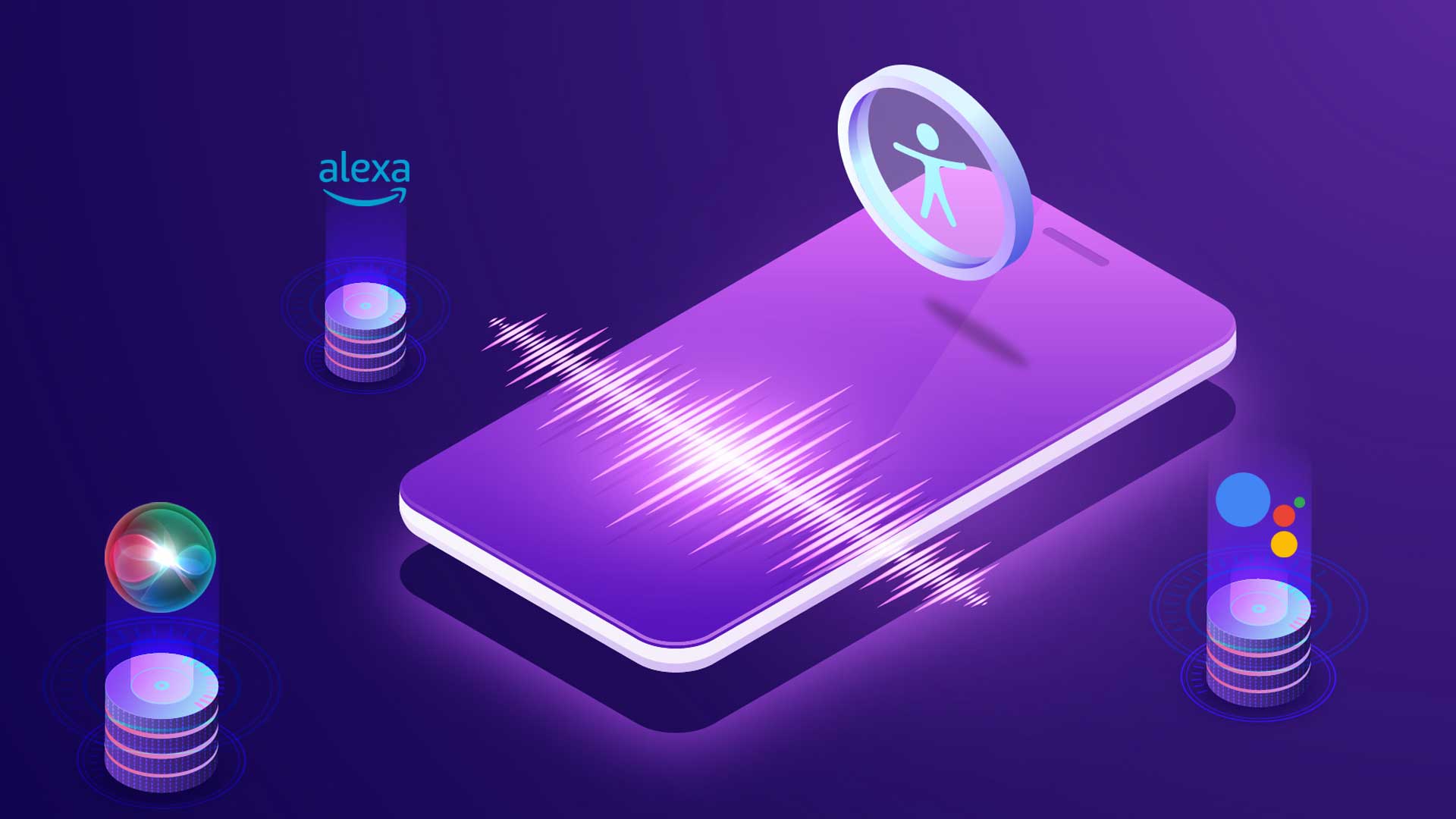Virtual Assistants Make the World More Accessible

What comes to mind when you think of inclusivity? Is it solely a way to make a more equitable society for people of all backgrounds? Greater inclusivity, including improvements to digital accessibility, certainly benefits people with disabilities. But it also simplifies life for the broader population, and assistive technologies like virtual assistants are critical to making that possible.
This blog helps define assistive technology, how it relates to virtual assistants, and how it benefits everyone, including people with disabilities. First, we start with a deeper dive into assistive technology.
What Is Assistive Technology?
Assistive technology enables and promotes inclusion and participation. Wheelchairs and hearing aids are familiar examples in the physical world. Assistive technology in the digital world includes various AI-driven tools that make websites more accessible for people with disabilities. The digital category also includes online virtual assistants, typically cloud-based programs that require internet-connected devices or applications to work.
For those with disabilities, a virtual assistant may be needed for daily tasks like appointment schedules, calling people, arranging travel, and email account management. Some virtual assistants even provide graphic design, blog writing, bookkeeping, social media, and marketing.
A virtual assistant also refers to human employees who perform many of the same duties, including social media, content, administrative, research, and customer service tasks. Numerous virtual assistant websites can save you time and enable you to outsource related resources to grow your business.
Virtual Assistants: Crucial for People with Disabilities
Virtual assistants are tremendously helpful to people with physical and cognitive disabilities. When connected to other devices in a home, they can turn lights off and on without requiring anyone to move. They can also provide a lifeline for anyone injured at home.
Most people can order almost anything online, but this can be extremely difficult for someone who can’t use their hands. Virtual assistants make it possible to shop for clothes, food, and other items without leaving home or even needing to reach for a keyboard.
Concerning cognitive impairments, virtual assistants are all built to look for behavior patterns, making them a perfect solution for providing timely reminders. For example, they can announce scheduled appointments and even recommend using Uber or another previously-used ride-sharing service for transportation.
People with cognitive impairments may also benefit from simple instructions. For example, it’s easy to ask questions like “How do I vote?” or “What do I need to get a driver’s license?” that returns a step-by-step response. Unfortunately, the exact search on the web can sometimes yield too many results that confuse instead of the most relevant information that a virtual assistant provides.
Following a traditional map can also be difficult for people with cognitive impairments. Virtual assistants provide turn-by-turn directions and quickly reroute when necessary. Without this help, many of us, not just people with disabilities, would have difficulty navigating new and unfamiliar places.
If virtual assistants sound like a good idea for any person or business, read on for validation.
Virtual Assistant Technology is Better for All
In 2017, researcher Mary Meeker determined that Google’s voice recognition software could understand human language with 95 percent accuracy. The rapid pace of improvements in machine learning algorithms combined with extensive collections of speech samples means virtual assistants can quickly interpret (and accurately respond to) whatever we say.
Of course, this technology supports people with disabilities and advances the entire population. After all, who doesn’t love the convenience of hands-free communication? It matches the modern, on-the-go lifestyle society demands of most adults, regardless of physical or cognitive ability.
Due to their high level of accuracy, these tools can take excellent notes, simplifying daily activities like making grocery lists, writing emails, and sending text messages through dictation. This functionality exemplifies how virtual assistants meet every need, from permanent conditions like Multiple Sclerosis to temporary hand injuries.
If you’re looking for examples of a virtual assistant, you can already find them in most smartphones, computers, TVs, and automobiles, with more integrations emerging almost daily. But Google Assistant, Alexa, and Siri aren’t just made for answering trivia questions and playing music. They’re also powerful accessibility tools.
What’s Next for Assistive Technologies
Everyone will use assistive technologies in the not-too-distant future. This transition happens as cars move from assisted cruise control to fully autonomous driving. It’s also happening on a smaller scale with devices like hearing aids.
While only about 16% of people who need hearing aids have them, an entire generation has embraced Bluetooth earbuds. And even though most people use their Airpods to listen to music, these devices already contain some hearing-enhancement features that rival the best hearing aids on the market. So, as you can see (and hear), the assistive technology revolution is already upon us, and everyone’s lives will be better because of it.
Learn how UserWay is the all-in-one digital accessibility solution for organizations worldwide.
UserWay: Your First Choice for Digital Accessibility
Over one million websites trust UserWay’s complete framework of AI-Powered tools to improve accessibility and conformance to the ADA, WCAG, and all other critical laws.
Start with an expert consultation today.
Answers to Common FAQs
What Does a Virtual Assistant Do in the Cloud?
A virtual assistant performs much like a person to engage, guide and offer contextually pertinent content.
What’s Trending in Virtual Assistant Tech?
Recent trends include AI tools, machine learning, voice recognition, multi-platform accessibility, enterprise integration, and cognitive computing.
What are The Most Popular Virtual Assistants?
- Amazon Alexa
- Apple Siri
- Google Assistant
- Microsoft Cortana




Share